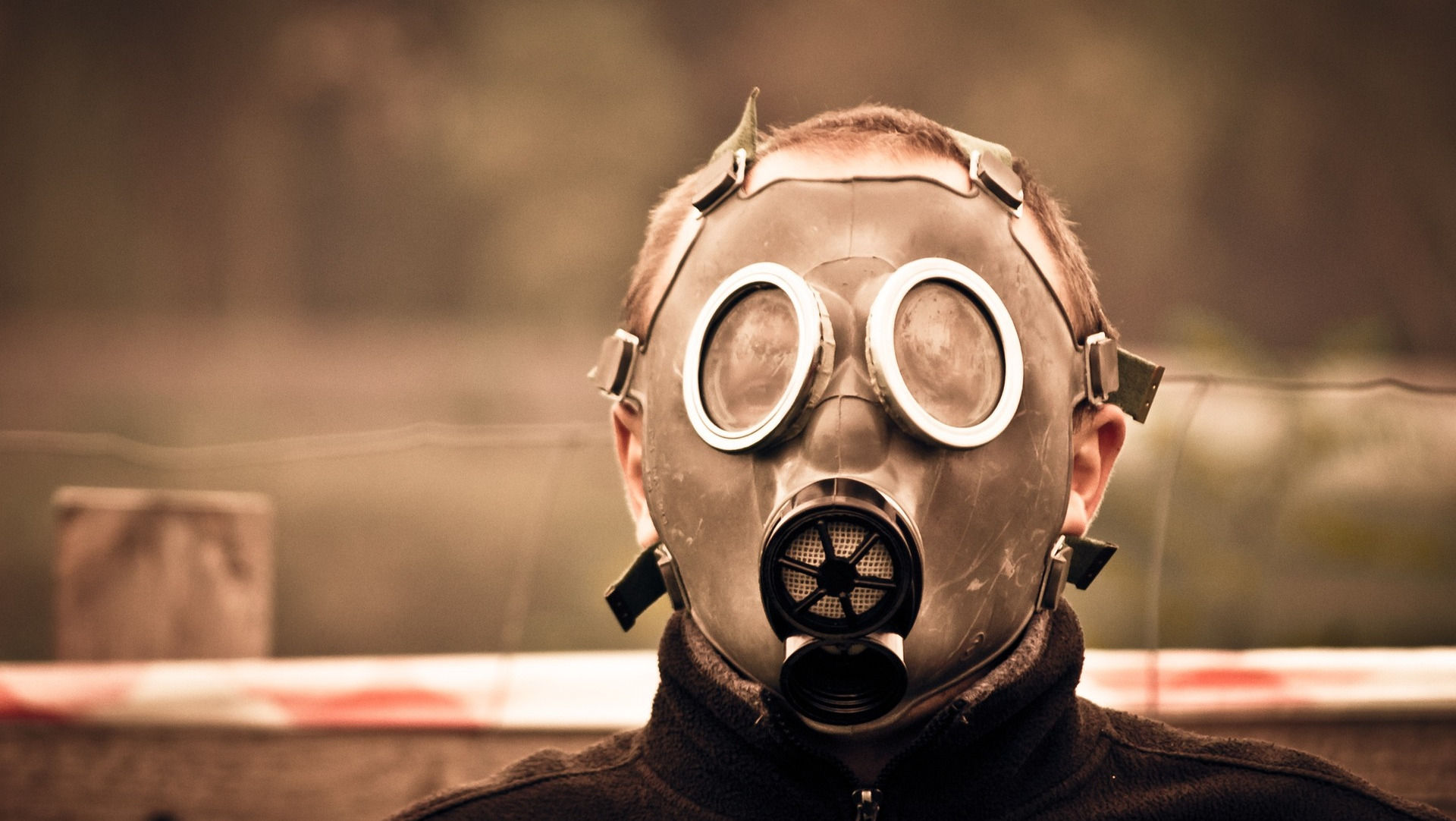Bad Breath
Many things can cause bad breath (halitosis). Poor oral hygiene, certain foods, smoking, dry mouth, and underlying health conditions are just a few.
The most common reason for unpleasant breath besides poor oral hygiene is unhealthy gums. Swollen gums (gingivitis) can be caused by poor oral hygiene, age, genetics, acid reflux, food stuck in teeth, or certain medications. Sensitivity, decay, and abscesses can develop as gums recede from teeth, leading to bad breath.
Even small cavities can harbor bacteria and contribute to bad breath. Chronic nose, throat, and respiratory tract infections and conditions like bronchitis, gastritis, sinus drainage, intestinal sluggishness, and chronic constipation can also result in chronic bad breath.
Home Remedies for Bad Breath
Besides addressing the root cause of bad breath, some home remedies can help improve it.
Brushing and Flossing
Poor dental hygiene is the most common cause of bad breath. Good oral hygiene prevents plaque, tooth decay, and bacteria from growing.
Teeth should be brushed and cleaned at least twice daily, especially after eating and before bed.
Purchase toothpaste for sensitive teeth and soft-bristled toothbrushes if your enamel is eroded or you suffer from tender, swollen gums. If you cannot brush immediately after eating, eating an apple removes trapped food, and chewing sugarless gum helps until you can brush and floss.
A Waterpik appliance will gently force water through spaces between teeth and in gums, washing away food debris and freshening your breath, and cleaning your teeth and gums more thoroughly.
Brush Tongue
Brushing your tongue to remove bacteria that can cause bad breath and flossing daily to remove food particles and plaque between your teeth is also essential.
Mouthwash
Consider using an antimicrobial mouthwash or a blend of warm water and salt to freshen your breath and eliminate bacteria. However, be mindful of commercial mouthwashes that contain alcohol, as they can exacerbate dry mouth and worsen bad breath.
Stay Hydrated
It's important to stay hydrated by drinking enough water daily to ensure a healthy saliva flow and avoid dry mouth. Saliva is key in cleaning the mouth and counteracting the acidic substances bacteria produce.
Avoid Odor-Causing Foods
Some types of food, such as garlic, onions, spices, and strong-smelling drinks like coffee, can cause bad breath. To reduce the odor, consider limiting your intake of these foods or brushing your teeth after consuming them.
Natural Breath Fresheners
One helpful tip for freshening bad breath is to chew on fresh herbs such as parsley, mint, or cilantro. These herbs contain chlorophyll, which is known for its deodorizing properties. Additionally, cloves and fennel seeds may also be effective in freshening breath.
Probiotics
To maintain fresh breath, consider incorporating foods high in probiotics, such as yogurt or a probiotic supplement. Probiotics encourage a well-balanced bacterial environment in the mouth, aiding in the fight against halitosis.
Apple Cider Vinegar
To freshen your breath and fight bacteria in the mouth, mix a teaspoon of apple cider vinegar with a glass of water and use it as a mouthwash. It's important to use this mixture in moderation, as it contains acid. But with care, it can be an effective addition to your oral hygiene routine.
Baking Soda
Baking soda can help with bad breath. Using baking soda to brush your teeth can effectively neutralize odors and promote an alkaline environment in your mouth. It is important to use it in moderation and rinse thoroughly after use.
You can buy toothpaste with baking soda or apply baking soda to the toothpaste you already have.
You can also make a mouthwash by adding two tablespoons of baking soda to a cup of warm water. Stir to combine, then take a sip, swish for about 30 seconds, spit, and repeat.
Fenugreek
Fenugreek is a vegetable, but a tea made from fenugreek seeds, taken regularly, cures bad breath.
To prepare fenugreek tea, put one teaspoon of the seeds in two cups of water, and simmer it over low heat for 5 minutes. Let sit for about 10 minutes, strain, and drink the tea. It can be sweetened with honey.
Avoid Tobacco and Alcohol
Reducing smoking and limiting alcohol consumption can greatly enhance oral health and help eliminate unpleasant breath odors. Consider changing your lifestyle for a fresher, more pleasant breath.
Regular Dental Check-ups
Visit your dentist regularly for professional cleanings and to address any underlying dental issues that may be causing bad breath.
Cautions
Remember, while these home remedies can provide temporary relief, addressing any underlying dental or medical conditions contributing to bad breath is important. If the problem persists despite your efforts, it's advisable to consult a healthcare professional for a thorough evaluation and appropriate treatment.


